It's been a winter in my mind and body, things have gone dormant, some things have outright died in me. I’m accepting this. But for months, the months leading up to this acceptance, I’ve been struggling with the notion of this feeling of hesitation. My imagination has mostly been occupied by confusion and conflicting thoughts and emotions. Some days it feels like I’m at war with myself. I love writing my meandering essays, but lately I haven’t been trusting them. It’s weird how that happens. It’s sad, and I tend to obsess about sadness. It has been an unexpected destination on this journey in my writing life, but I have had to welcome it. Surrender to it. And it’s changed me. I’m grateful for the community of writers who have shielded and reinforced my delicate ego. Thankful for every person who has asked me to co-write with them, to read a book with them, to show up for myself with them.
The Sisterhood, by Courtney Thorsson
Like some readers I have mixed feelings about a white woman writing about this history but alas, the academy will academy. Still, I’m hungry for what has been gleaned from the archives. At this time it’s feels useful to study the modes of intentional creative community building and radical Black womanisms that undergirded the tasks of the brilliant Black Queer Femme minds of June Jordan & Alice Walker who made The Sisterhood real. In this time of dismantling the prisons, occupations, and delusions in our imaginations I am holding these histories and words close to my heart.
I’m in the beginnings of my first read of the The Sisterhood, but what I love so much about it is, formally, Thorsson, a white woman, is using quotes in a very powerful way, bringing to the front the words and intentions that these Black women left for us – and using it to remove the romance we might hold about them and the spaces they occupy. These literary moves underscore the importance of leaving the writer’s voice intact, and not distilling it to meet some academic goals. Thorsson also includes open ended questions for her and the reader to ponder. For example:
“…Walker reiterated her words about The Sisterhood in an interview with scholar Rudolph Byrd: “June and I were rebels of the first order against ranking of any kind imposed beyond ourselves. We thought we must create a space for black women writers to honor each other, to know each other, so that nothing from outside could make us fight over anything. Or even feel competitive. This was the Sisterhood's purpose.””
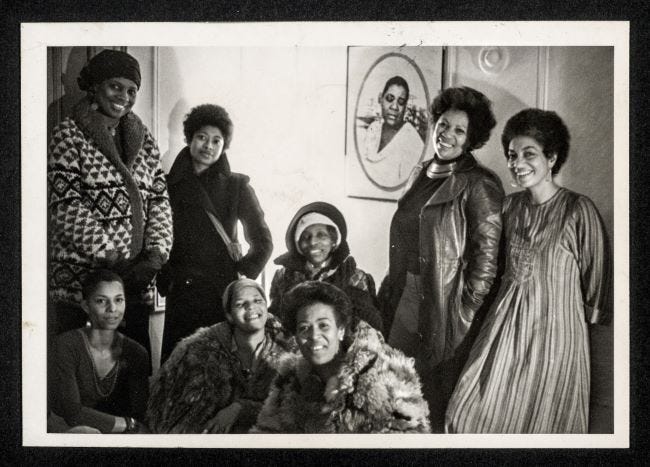
“It matters that the sisterhood resisted “ranking” and “competition” among black women writers. In the ways repetition makes myth, though, these accounts leave out a lot of useful information. What did it look like to practice Walker’s declaration, “We would not let the establishment put one of us ahead of the other”? How did The Sisterhood work to resist “competition” and “ranking”? What are the ways that black women writers work to “honor each other”? What does it mean that there were many members not in that now famous photo and whom few accounts name? These questions and practices matter for literary history and for black feminist organizing right now.”
So many Black women writers made their ways in and through that group in the two years is operated, many of whom i’m eager to know - but may not be well known in most literary conversations.
Black Women Writers at Work edited by Claudia Tate
Every tap on the keyboard has been laborious – it’s not just the content, but the act of writing. I never thought in my creative arrogance I would feel this way. After weeks of barely writing anything longer than a paragraph I revisited the Nikki Giovanni interview in Claudia Tate’s Black Women Writers at Work. High key I had been avoiding her chapter and I’m not totally sure why, but when I picked the book up last week and the bookmark fell out – it opened to her page, and so I read.
Writers have to fight…We who are interested have to be as willing to fight as those who fight against us.
As black Americans living in a foreign nation we are... both myth and reality. Black Americans have no home now or ever. But our alienation is our great strength. Our strength is that we are not comfortable any place; Therefore, we're comfortable every place. We can go any place on earth and find a way to be comfortable. - Nikki Giovanni
A lot of people refused to do things because they don't want to go naked, don't want to go without guarantee. But that's what's got to happen. You go naked until you die. That's the way it goes down. If you don't want to play, you're not forced to. You can always quit. But if you're not going to quit, play. You've got to do one or the other. And it's got to be your choice. You've got to make up your own mind. I made-up my mind. If you're going to play, play it all the way. You're going to sweat, and you're going to get hit, and you're going to fall down. And you're going to be wrong. Probably nine times out of ten you're going to be wrong, but it's the tenth time that counts. Because when you come up right, you come up right beautifully. But after that you have to start again.
Nikki Giovanni spoke to my broken heart and forced me to confront that I don’t want to be so scared of being wrong about the ideas circulating in my mind, that I silence myself. That I cannot be so afraid of the unknown response that I stifle myself. This confrontation allowed me to see that I had taken the bait of the propaganda machine of the west – worried about some abstract repercussion for speaking my truth.
There might be some efforts of retaliation for making connection between my Black American life and those facing exile or extinction in Palestine, Congo, Sudan by those who are deluded enough to follow my work – hoping that my position will match the mammyified version of me that lives in their calcified imaginations. There’s nothing I can do about that because I’m not writing for them. I write for me, for the girl in me who believed she wasn’t important enough to write. I also write for those who believe what I have to say means something. So, fuck the people who espouse the beliefs of the powers that be. Cowardice doesn’t look so good on me anyway.
How Europe Underdeveloped Africa by Walter Rodney
Walter Rodney was a brilliant Guyanese scholar and organizer who wrote extensively about the extractive ways the west exploits the Global South. He was murdered before the age of 40 for his work. Still the research found in How Europe Underdeveloped Africa is a valuable tool for understanding how colonial forces lurched forth into the future, especially now that more information is being accessible about how the tech industry is one of the biggest actors in the devastating mining trade in Central Africa.
The Essential Gwendolyn Brooks edited by Elizabeth Alexander
My life needs more poetry, and who other than the OG, Gwendolyn Brook to help with that. Lately, it’s felt like I’m losing words - it’s been hard to focus. Poetry is powerful for so many reasons and Gwen Brooks mastered the economy of words. Poets just get it. I love a compilation of what is arguably a writer’s best works, especially if I’m not familiar, it gives me a chance to take a deep dive into their catalogue. Keeping this one close.
(Ghost Gestures) Performance Writing by Gabrielle Civil
Ghost Gestures Performance Writing came to me by way of The Free Black Women’s Library writing workshop series “Portals” facilitated by the numinous writer Alisha Acquaye. I was able to sit in on a session, a whirlwind afternoon, I might add, that left me breathless and deeply inspired. As always Olaronke’s brilliant mind ushering in literary magic in her space (that’s also raising money to keep her work sustainable). My good-good-femme-daddy-lipstick-lesbian comrade and collaborator, Ica Sadagat and I are planning on reading this book together and I’m thinking book clubs for two might be new favorite thing.
The Ravickians Series by Renee Gladman
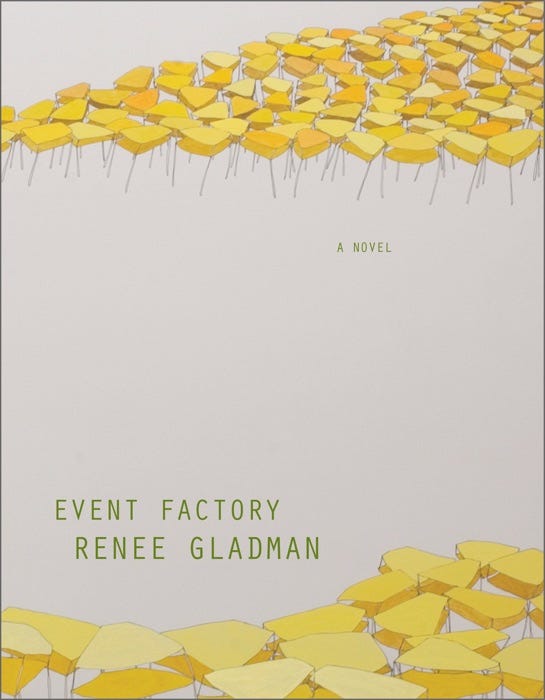
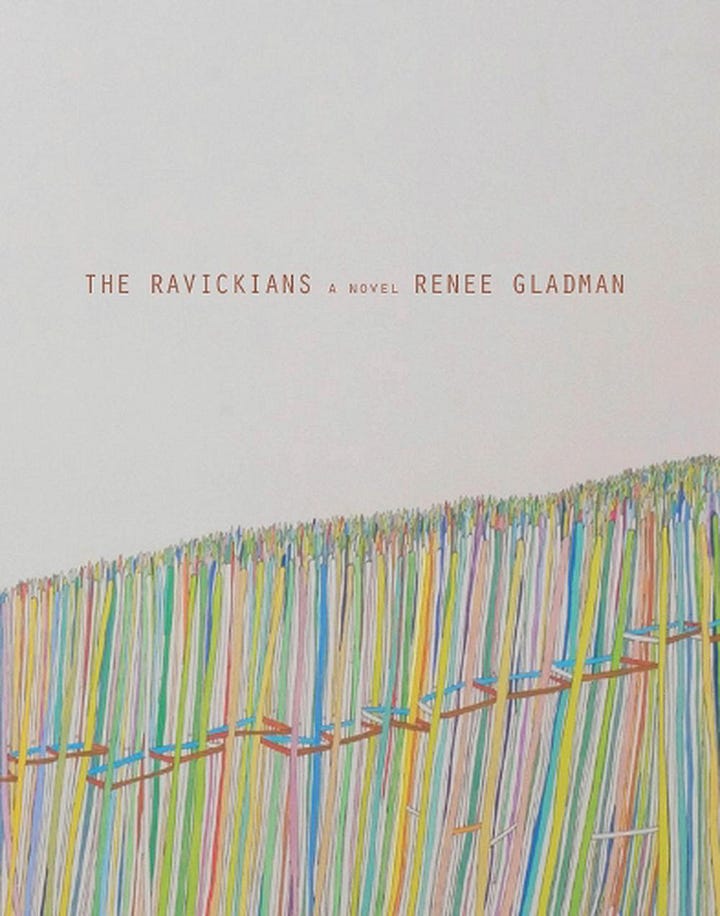
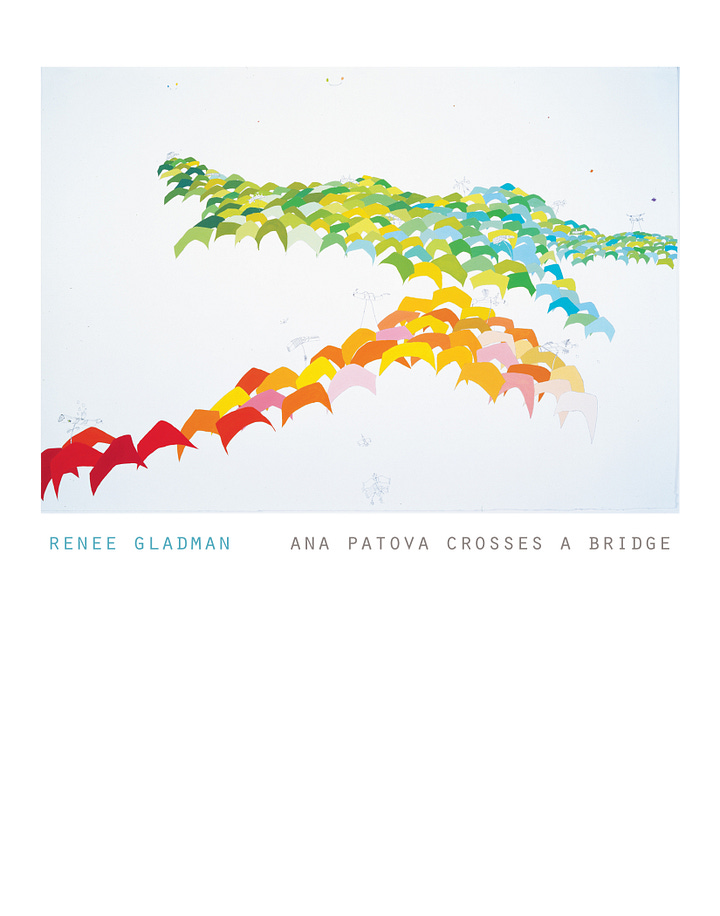
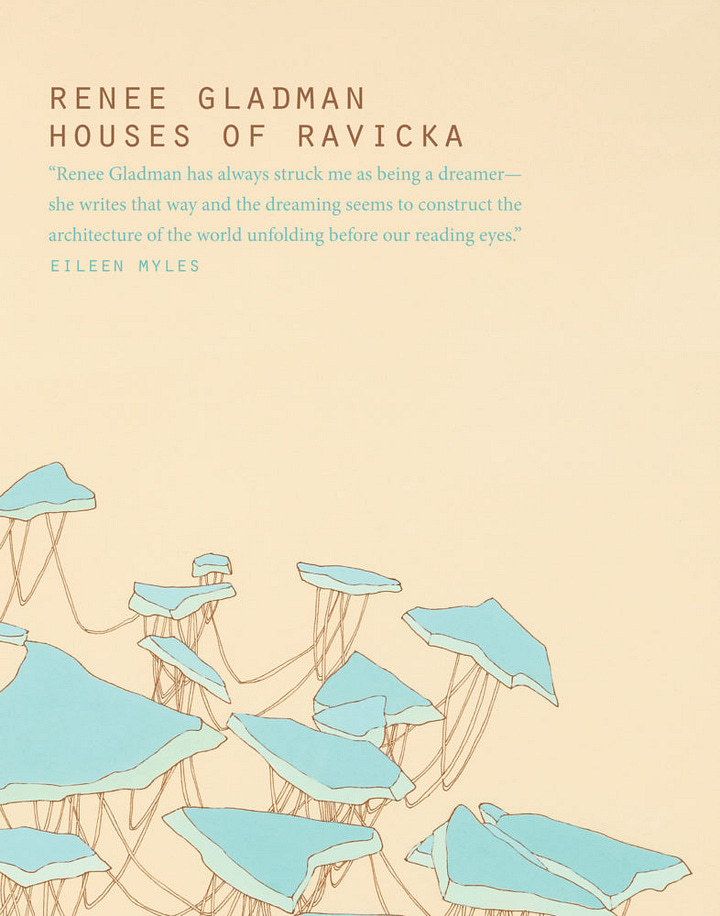
Lately, I’ve been listening to talks by Black femme writers in the mornings. I came across a lecture by artist and author Renee Gladman whose work I’ve come to appreciate. I’m also planning to revisit the Ravickian Series by the author and have her latest title Plans for Sentences on a wish list somewhere. Her writing can be described as experimental prose (Pin Up magazine) though frankly her sentences are fabulous and not such a challenge to read or digest. Renee’s protagonists move around a world that adhere to the rules of her drawings – but also speak to an understanding of the trouble found in bureaucracy. It’s kinda spacey – and I think reading about other worlds -that are so similar and so different than this one is grounding.
Reading will always be the key to my writing practice but doesn’t always make it easier. Still, I’m thankful for it and all the signs and affirmation that I’ve found in the text along the way.
What do you do when you’re in a creative slump? How does it feel in your body? Let me know in the comments, or just leave me a few 💡💡💡 to let me know you made it to the end.
Hey Hey!
It’s been a minute, I’ve been in a strange creative slump and finally emerging, thanks for the new subscribers and to my paid subscribers always.
Writing about this time feels important, not just as political performance which has its seesawing value, but it feels like I might be betraying my beliefs if I don’t. And my beliefs have saved my life. My dark skinned femme body has been criminalized and captured for taking up space and for defending myself, my fears of speaking out are informed by real experiences. I know the scorn of retribution and have seen the joy in the eyes of those in power who cruelly mete out their twisted versions of justice. It’s made me worried for my partner, that my expression could impact her, but this is speculation and so I don’t let that drive me so much. I cannot treat my traumas as premonition. From my understanding, though this is what trauma does. It does this to protect you from further harm.
From what I understand about global, interconnected systems of violent oppression and the minions who carry out its biding, is that it works almost nonstop to gaslight you about its subjugation at every turn. There’s also a propaganda-rhetoric machine that seems to be feeding those who are otherwise silent, and them people have a lot of time in this moment. All of this together forces us to mistrust our choices. Choices we get to make with agency. Agency we’re being tricked into believing we don’t have – so it’s easier to legislatively strip away. But the freedoms we/I know now were hard fought by ancestors who imagined other possibilities, whilst living in precarity. So, I have to return to that. I have to keep it in mind that there is a lineage of resistance that lives in me.


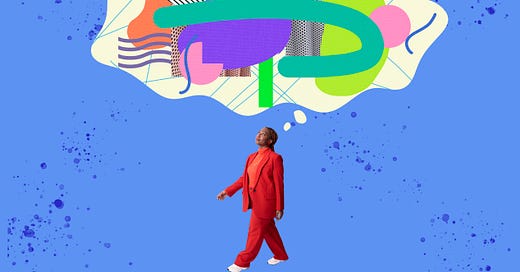



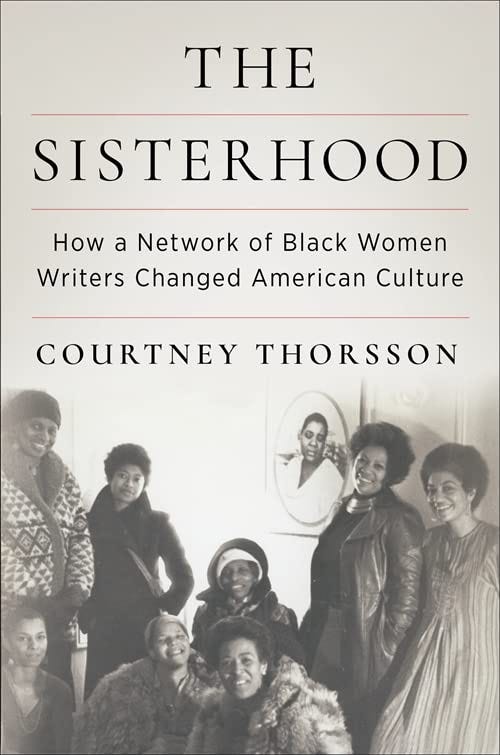
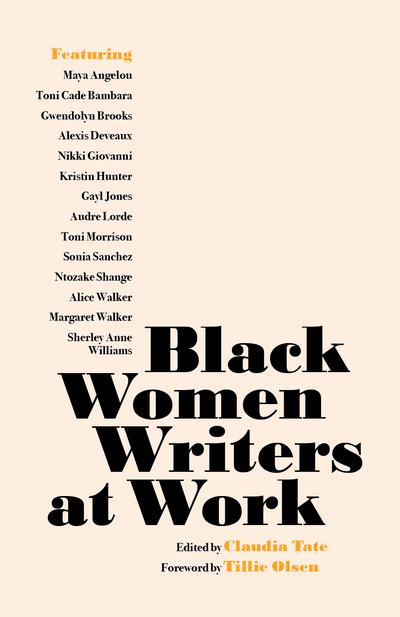
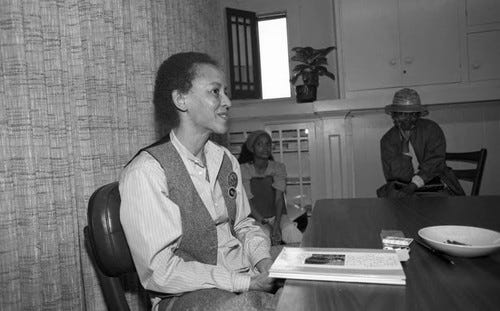
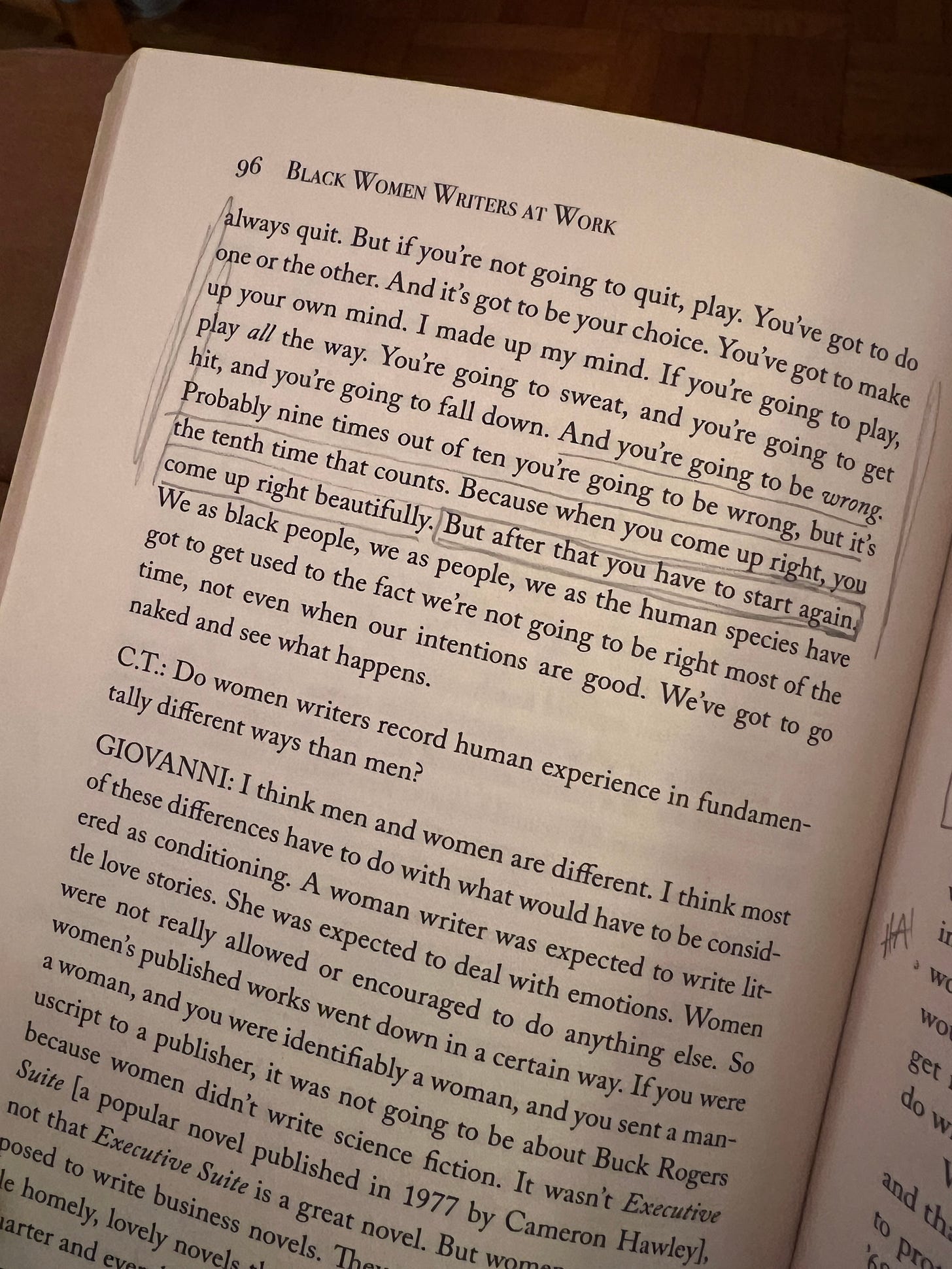
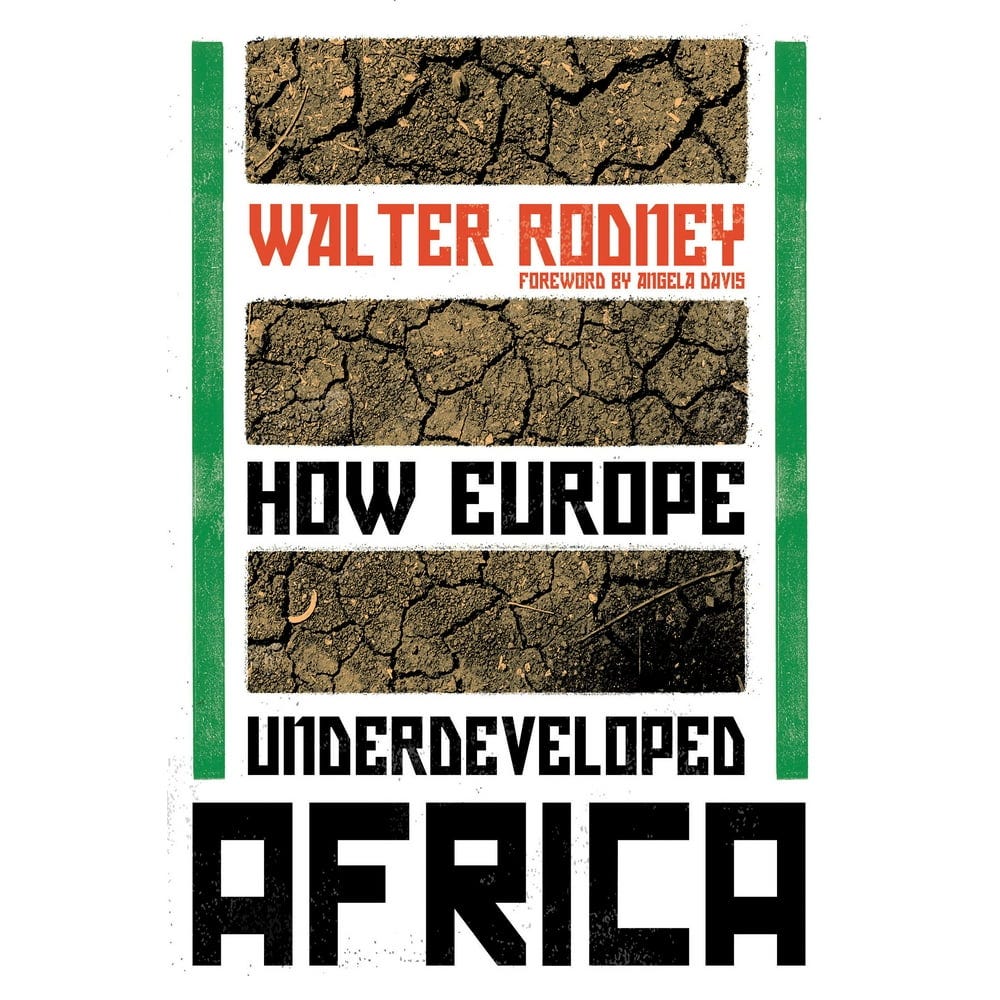
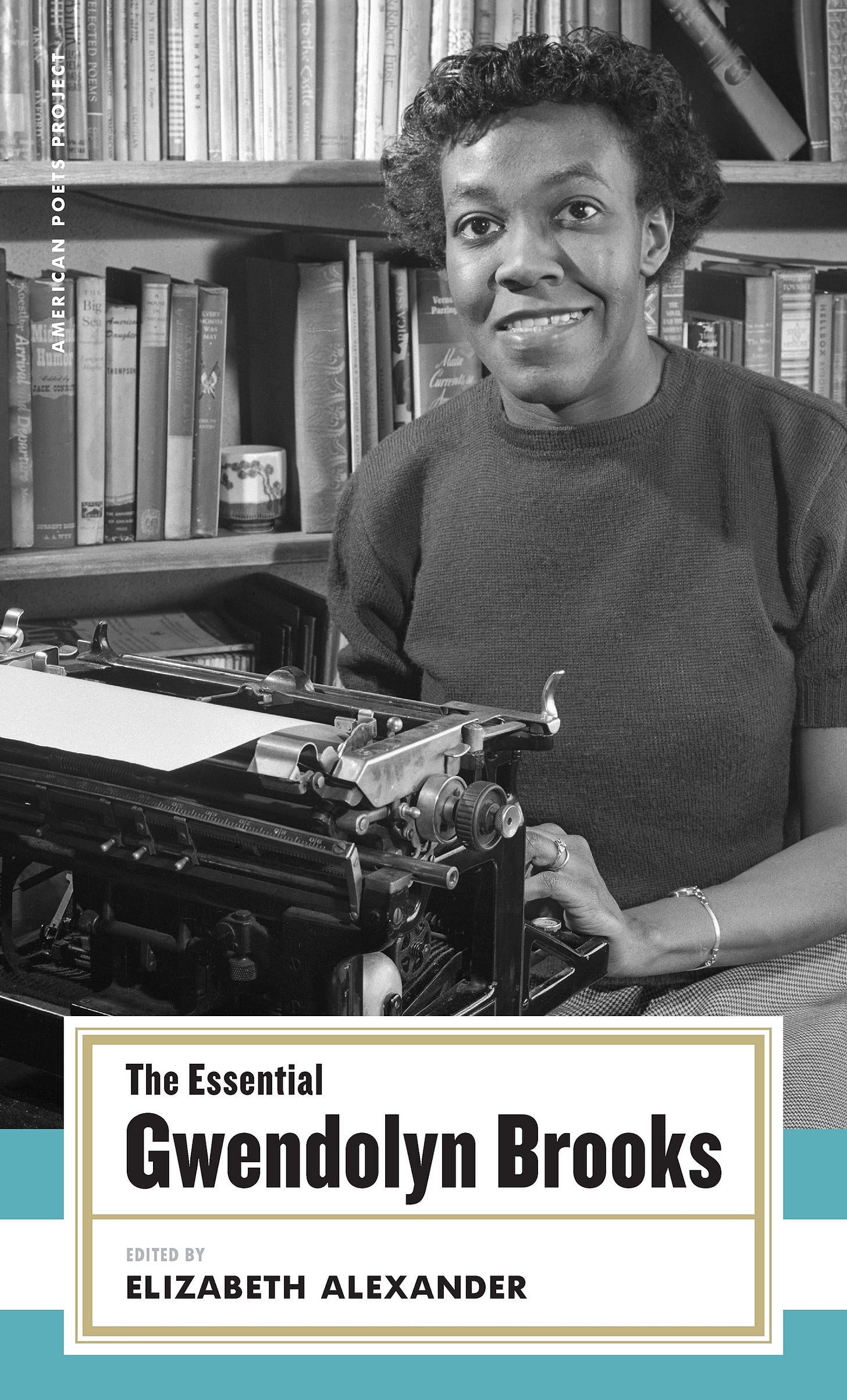
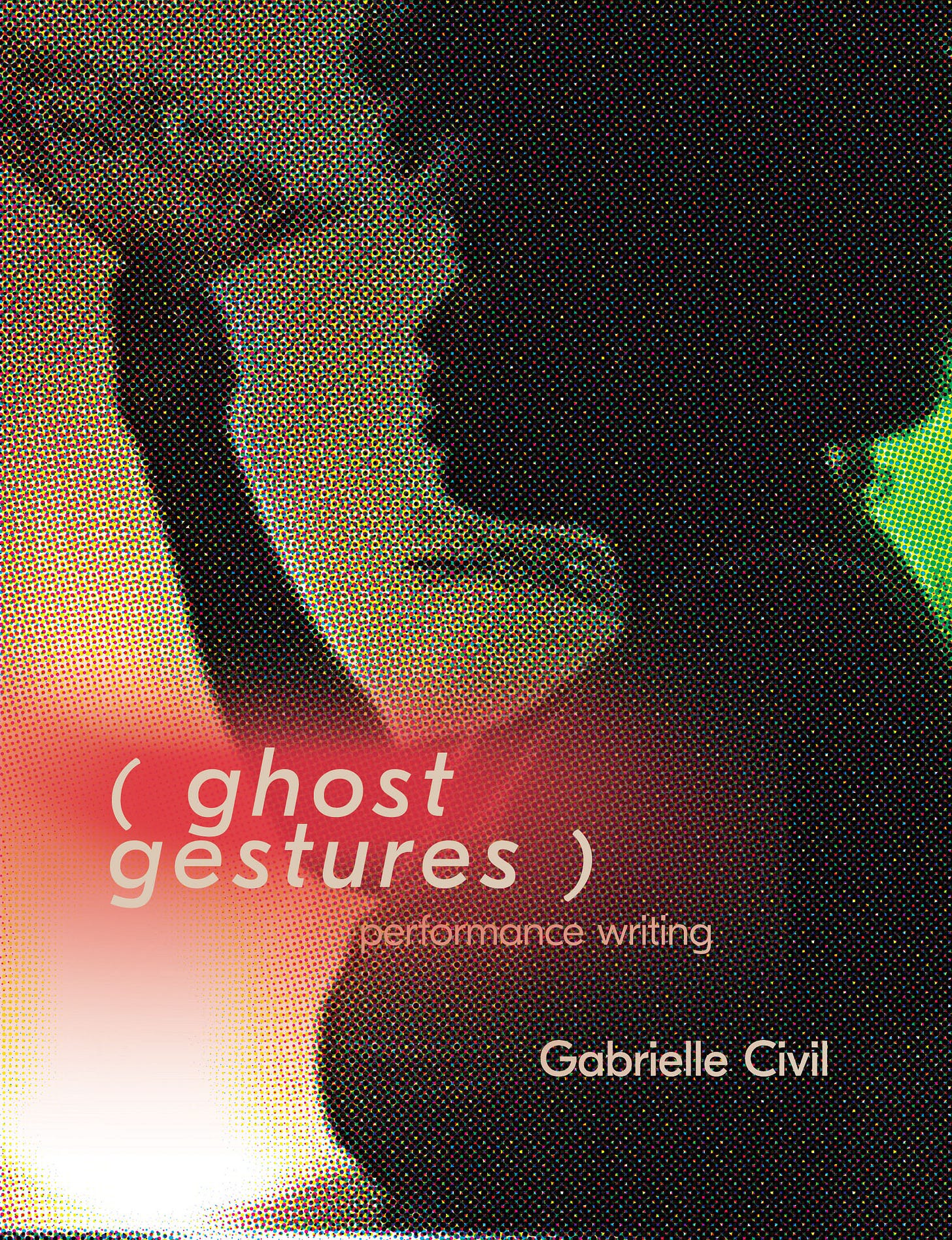
Ain’t nothing like Nikki to tell it to us just like it is. If you’re not gonna quit PLAY! Play all the way.
Please thank the girl who is writing for herself for hitting publish. It’s all a practice. Thank you for sharing yours ✨🖤💡
“I cannot treat my traumas a premonition.“
I’m going to sit with this one for a long time. Thank you. ❤️